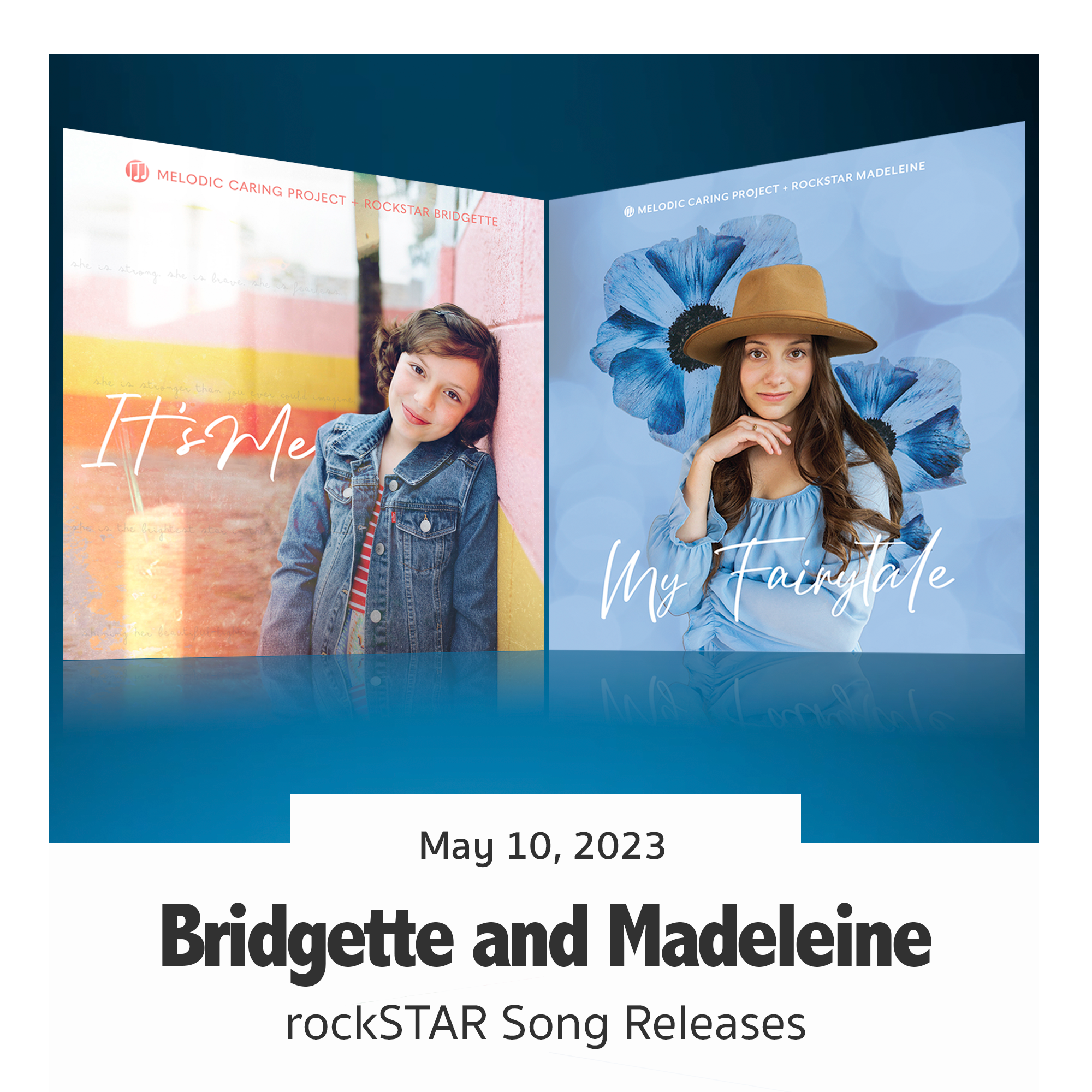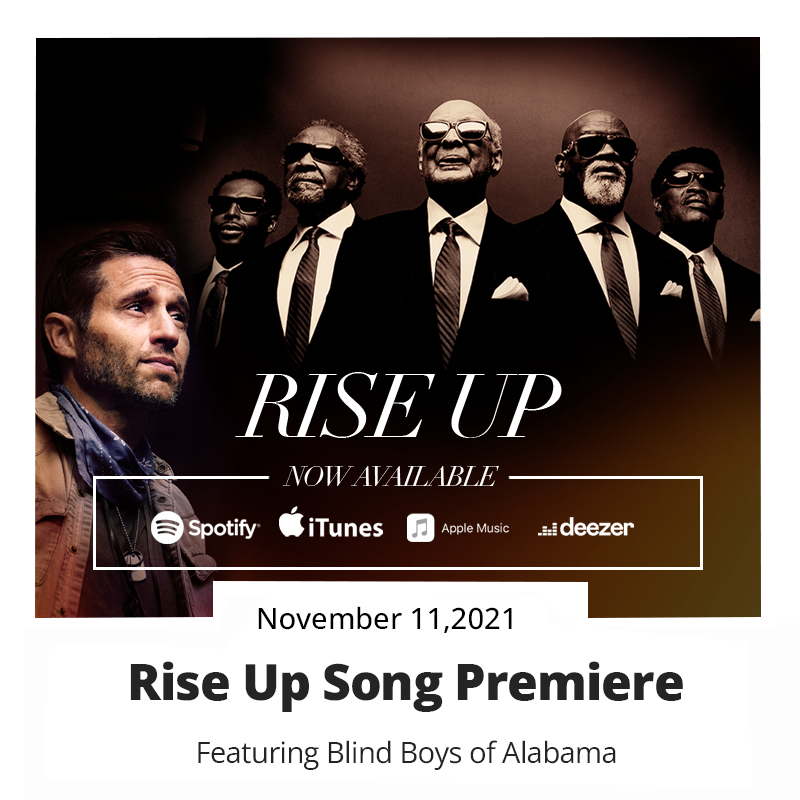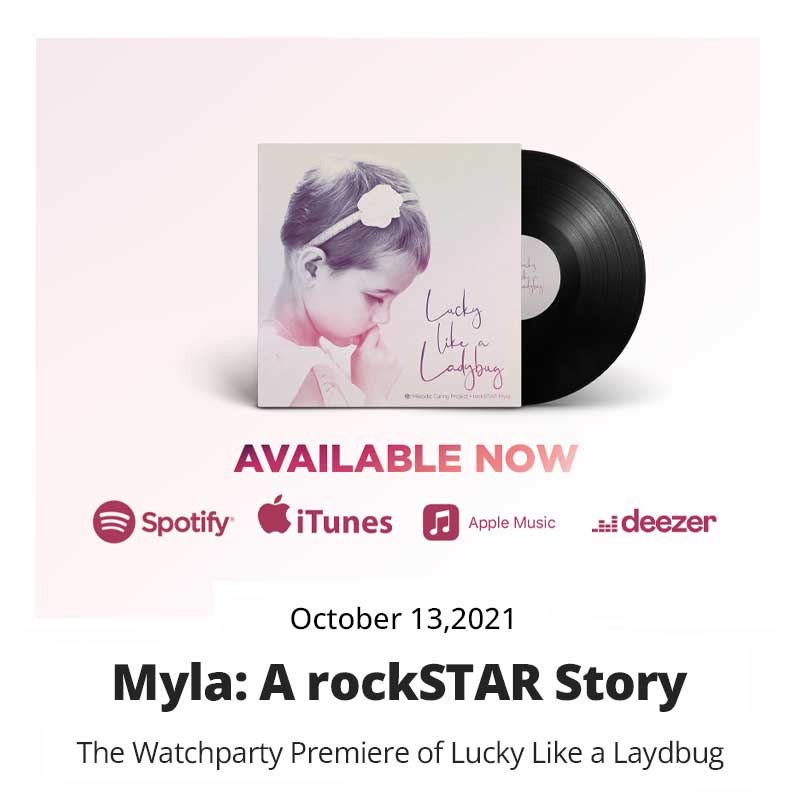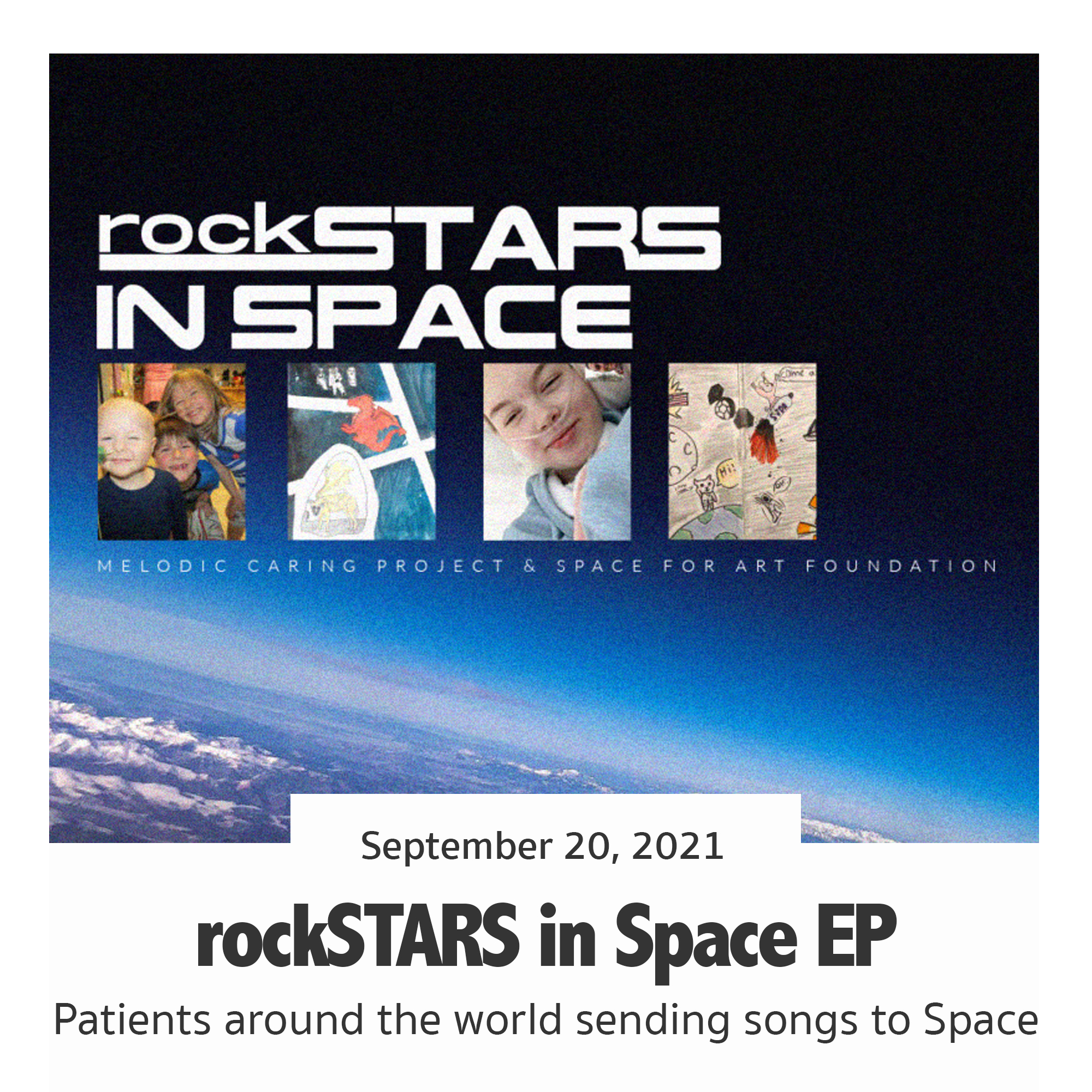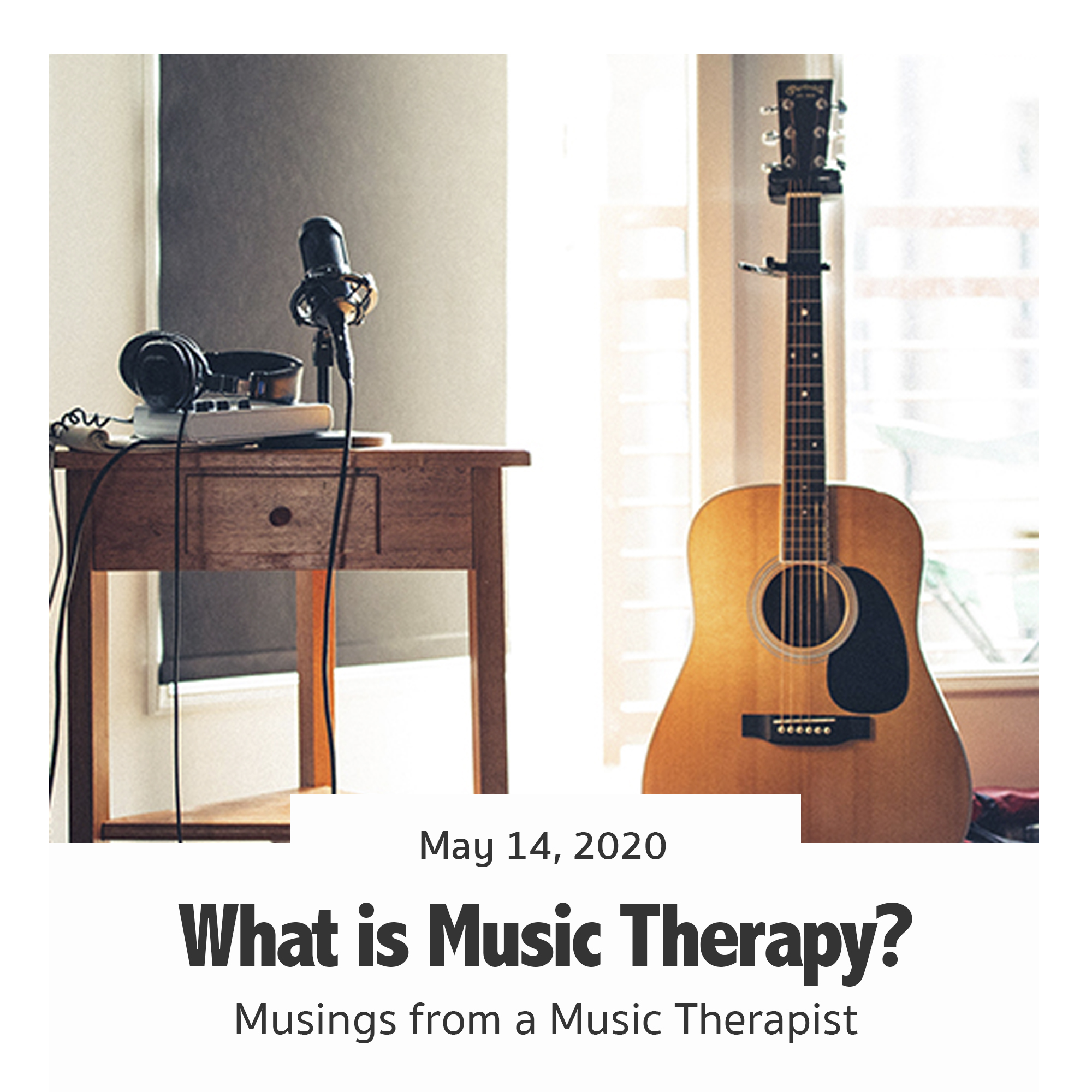Musings from a Music Therapist
Written by Tanesha Ross, MT-BC, NMT: Music Therapist Board Certified / Neurologic Music Therapist / rockSTAR Liaison
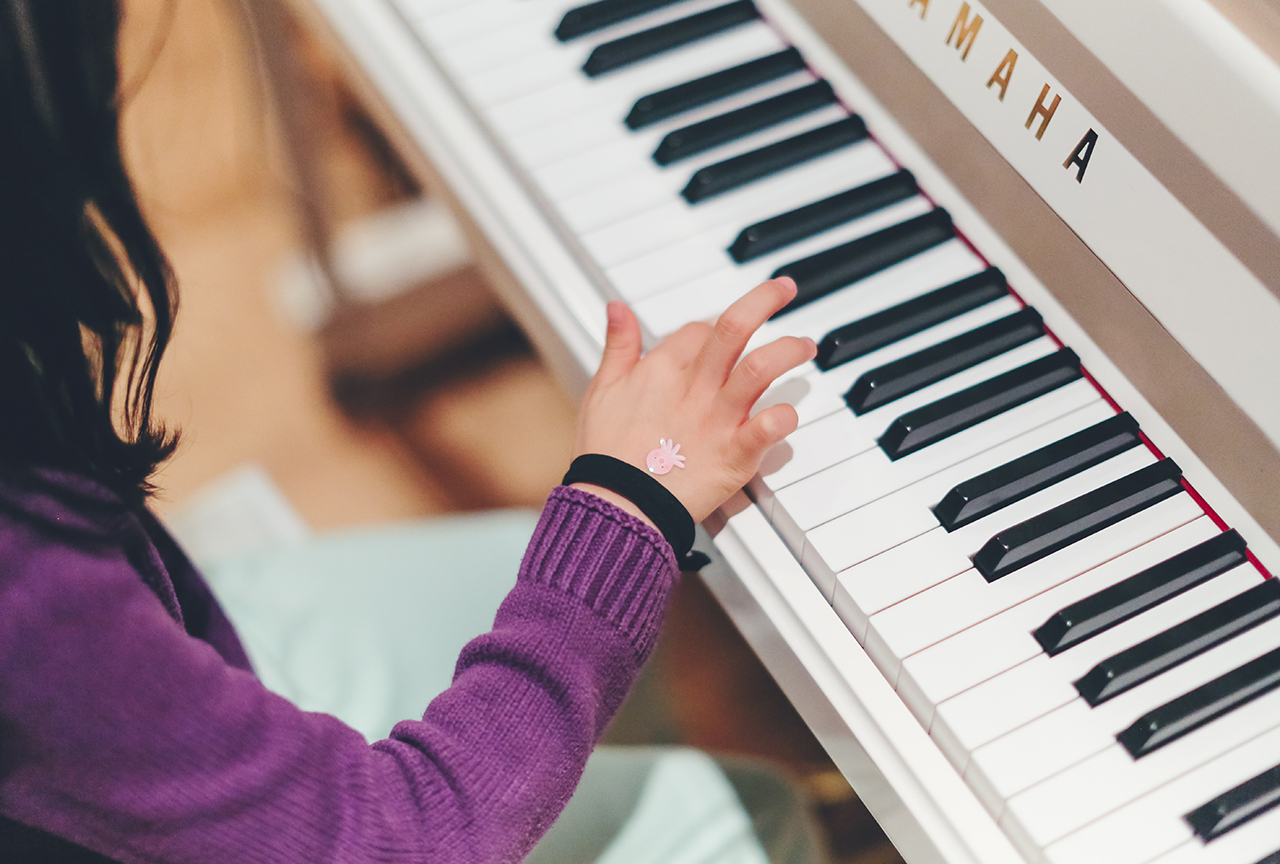

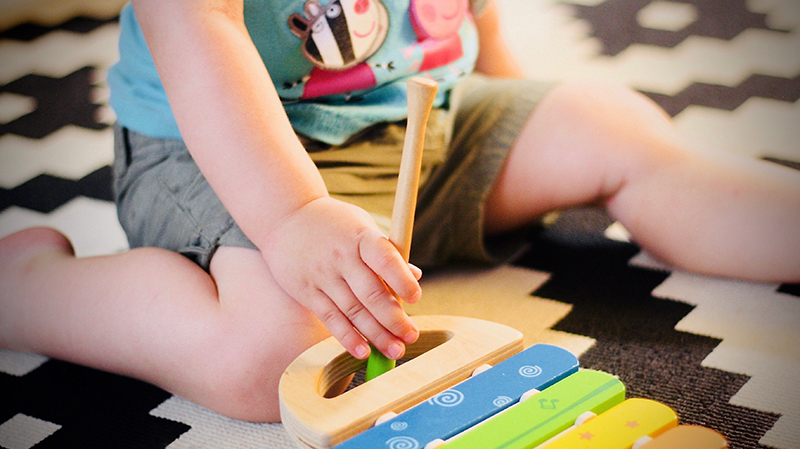
There are many forms of therapy. Physical therapy, occupational therapy, speech therapy, massage therapy, and so many more.
Typically, when I tell people I’m a music therapist, they light up with curiosity; after all, most people love music, and often say that music heals them in some way. Music as a healing modality is not new, in fact, Aristotle and Plato often used music in the treatment of their patients. But what does it really mean, for music to heal someone? Is it simply that it makes us feel good, helps us through breakups, connects us to others, or gets us moving, even if it is just the tapping of our toes?
If someone were to start a rhythm right now…(stomp stomp clap), you would likely join in with them. Why is that? Why is it so compelling to join in this seemingly simple experience? All that is happening is stomping and clapping, right? Not really. The stomping and clapping is happening to a repeated sequence of sounds, according to duration, and periodic stress. And even though each person has their own unique intrinsic sense of rhythm, they would all be synced up with each other.
In the music therapy field, we call this entrainment, or the synchronization of organisms to an external rhythm. Entrainment is actually a physics term that is used to explain that two objects moving together use less energy than two objects moving in opposite directions, so even when they are moving differently, if they are placed next to each other will, over time, begin to move together in synchronicity. This happens when musicians get together to make music, though with more intention, and often, education.
So, how is a music therapist different from a musician? A musician is educated in music theory, and often performance and/or composition (and sometimes not). A music therapist is educated in these areas, as well as educated in therapeutic modalities such as psychology and counseling, from an accredited University. They must also pass a National Board Certification exam, and maintain that certification with attaining continuing education credits.
“Music as a healing modality is again getting it’s recognition as a science, and not just being seen as magic or entertainment.”
As a neurologic music therapist, I am trained to use specialized music-based techniques as a tool to achieve non-musical goals. Music can be used to actually rewire your brain, creating new neural pathways. This presents itself in a variety of ways. Music interventions can be implemented to improve communication and social skills in individuals with autism; rehabilitate speech in individuals who have suffered from a stroke; facilitate reminiscing in individuals suffering from dementia; or help improve mood and reduce anxiety and stress.
Research has shown that engaging in musical experiences can elevate mood, improve immune function, and facilitate rehabilitation and healing. Cepeda, Carr, Lau, and Alvarez (2006) (Cochrane Review), found that of 3,600 patients experiencing pain related to surgery or impairing conditions, those receiving music (primarily music listening interventions) had a 70% greater probability of at least a 50% reduction in pain and decreased opioid requirements compared to control subjects. It can truly be medicine. Music as a healing modality is again getting it’s recognition as a science, and not just being seen as magic or entertainment.
Melodic Caring Project is committed to bringing as many avenues of healing to their participants as possible. The opportunities being offered are truly healing, and have brought so much joy, love and hope to rockSTARS and their families. Melodic is committed to continuing to grow, and offer as much support and hope as possible; and recognize that having a board-certified music therapist on their team is another powerful and intentional way of using music to heal.
Music can aid medical staff in reducing isolation, decreasing pain perception and lower doses of pain medication, increasing resilience, rehabilitating motor, speech and communication skills, and promoting social interactions; as well as improve many other areas of need.
Through Melodic Caring’s programming, we provide hope and joy to our rockSTARS and their families, and so much more. We are committed to continuing to explore ways to use music as a tool for healing, joy, hope, and to spread empathy and LOVE!

Tanesha Ross, MT-BC, NMT
Music Therapist Board Certified / Neurologic Music Therapist / rockSTAR Liaison

